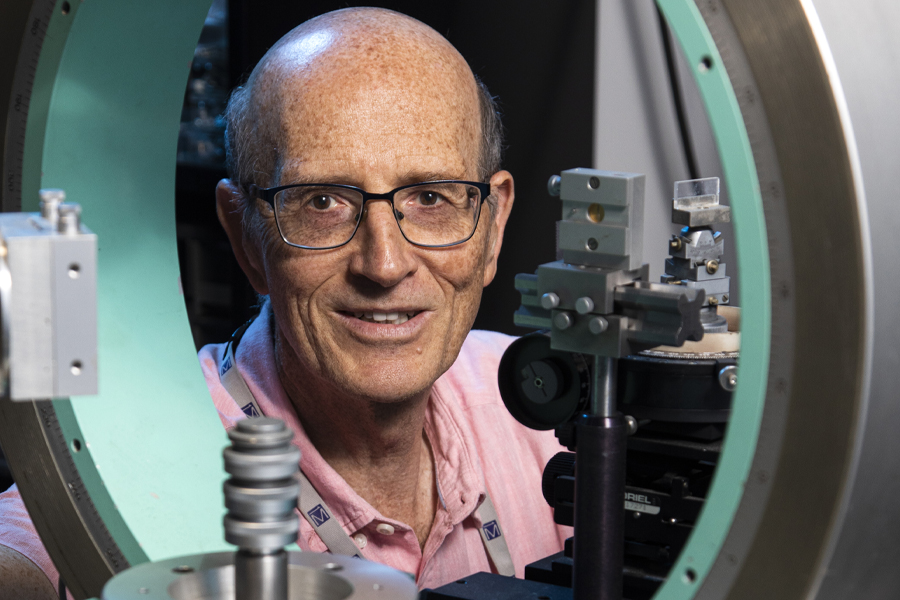FSU professor investigates superconductors with National Science Foundation grant


The principle of superconductivity enables many modern technological marvels. MRI machines, maglev trains, and high-energy particle accelerators work for superconductivity.
FAMU-FSU engineering professor Theo Siegrist will study materials that could improve the performance of superconductors, thanks to a nearly $500,000 grant from the National Science Foundation.
Superconductors can move electricity without resistance and generate strong magnetic fields. However, a nearby magnetic field or temperature above a certain threshold can cause it to cease functioning as a superconductor and revert to its normal metallic state with electrical resistance.
Siegrist explores how compounds made of niobium, palladium, and either sulfur or selenium resist interference from these forces. This material is a type II superconductor and can withstand interference from magnetic fields. It maintains its superconducting properties even in the presence of interference from magnetic fields four times larger than the leading theory predicts, making it an interesting target for further investigation.
“Something’s wrong,” Siegrist said. “Something interesting. Once we understand why this is happening, we can start thinking about engineering other types of materials that can maintain superconductivity even when reaching higher magnetic fields.”
Researchers grow crystals made of these compounds and examine them using X-rays to study their structures and how they correspond to their ability to withstand interference.
The exact chemical mixture of compounds may contain varying amounts of palladium and sulfur or selenium. Previous research by the Siegrist team showed that the amount of palladium affects the ability to withstand magnetic interference.
“We want to understand the origin of this behavior,” said Siegrist. “Does it have a microscopic origin? What does it depend on? and now have a way to interrogate the system and see how it reacts.”
In addition to research output, the project will also train graduate and PhD students to keep science moving forward. This is an important achievement in a world that relies on advanced tools such as superconductors.
“Graduate students are as much a product as they are a product of research,” Siegrist says. “We need the next generation of researchers, whether they work in industry, government, academia or elsewhere.”











